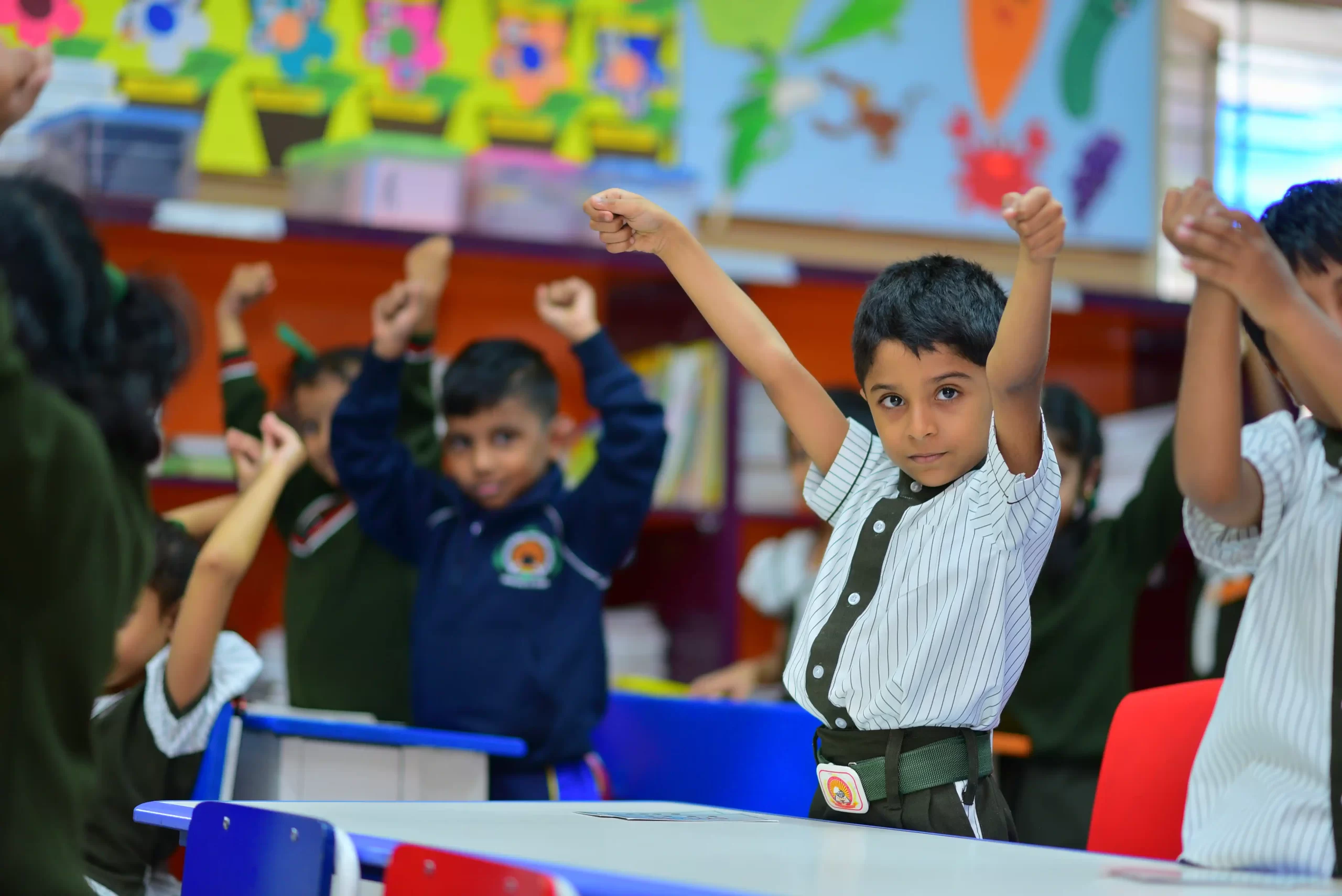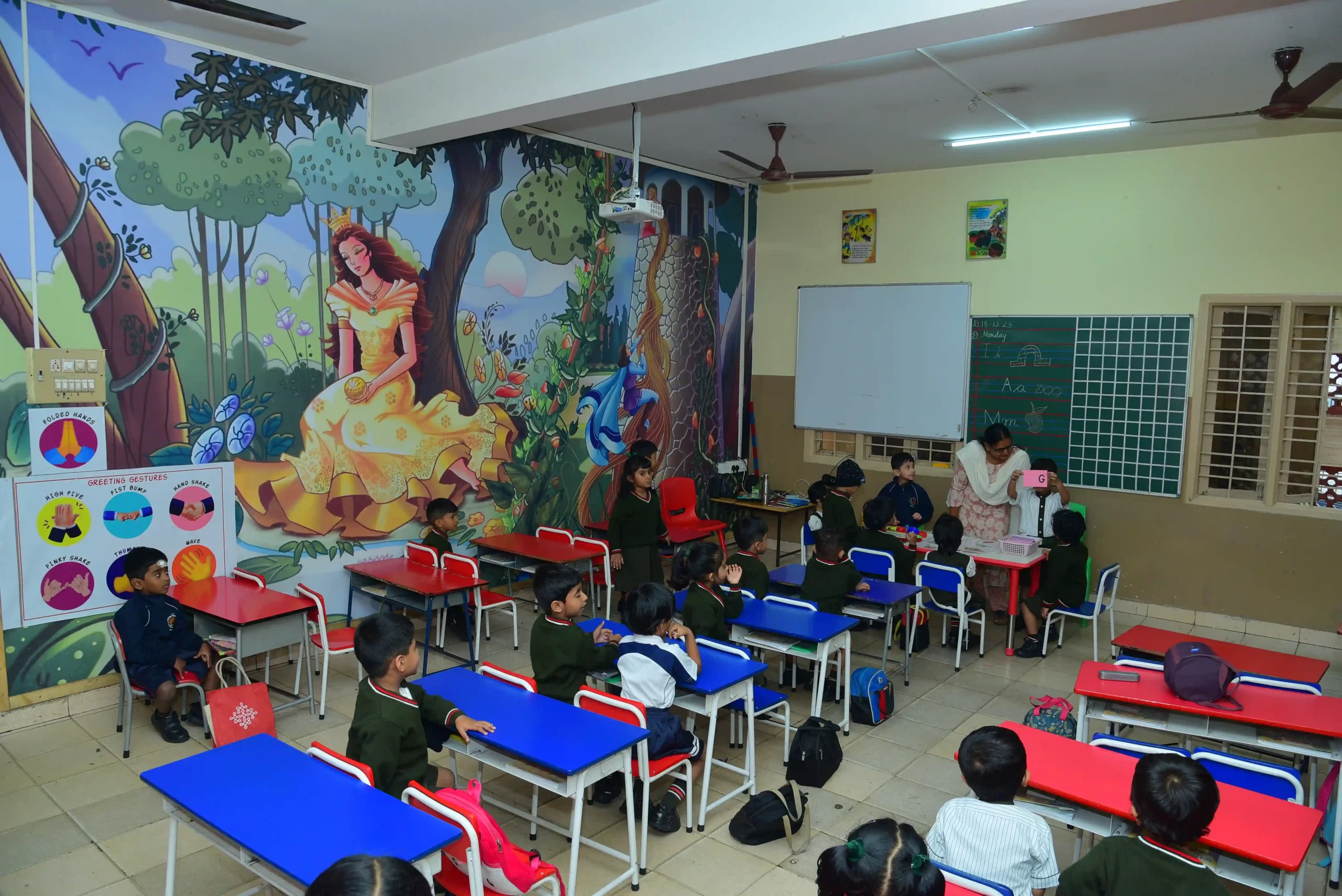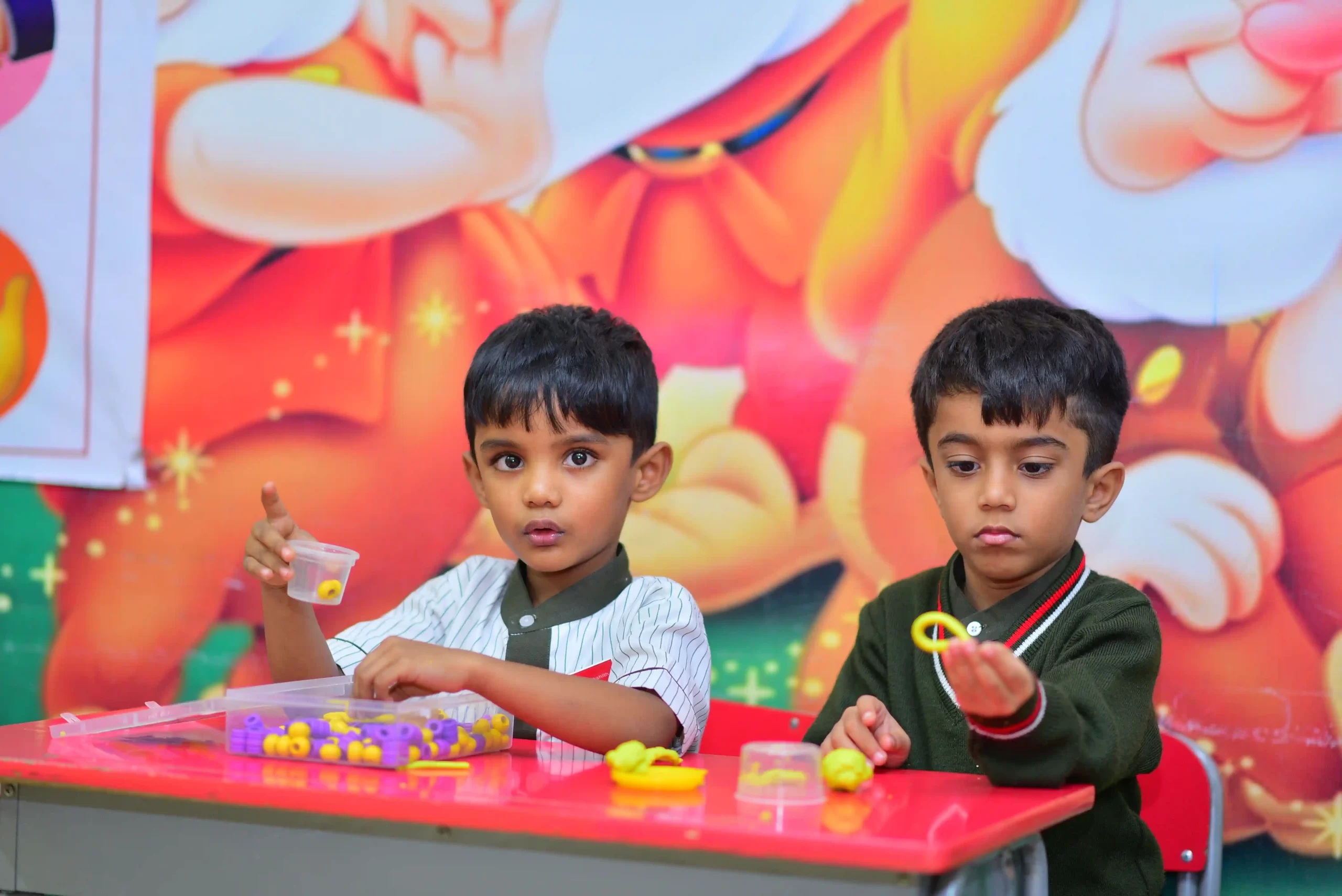Scientific research has established that early childhood witnesses a more rapid rate of development than any other life stage, with 90% of brain development occurring by the age of 6. The quality and consistency of experiences from the environment influence the strengthening or pruning of neural connections in the brain.
In alignment with this understanding, the National Curriculum Framework for Foundational Stage, 2022 aims to go beyond mere ideas and bring about a transformation in educational practices. It places a strong emphasis on fostering the holistic development of children through immersive and transformative learning experiences.



